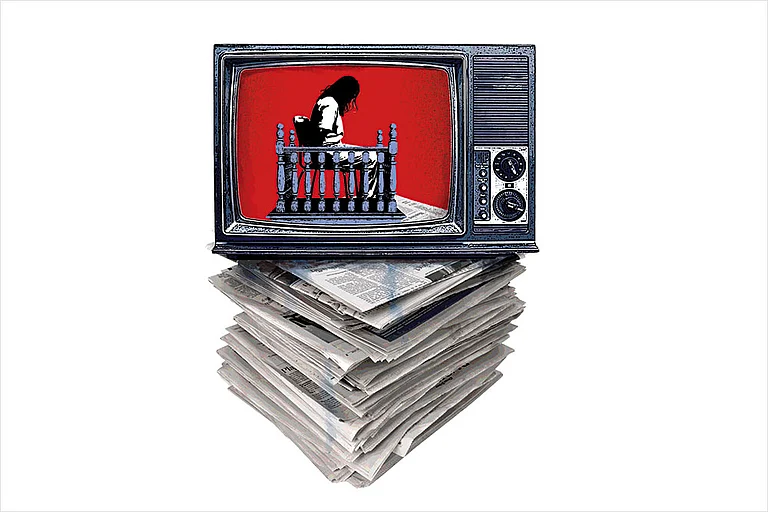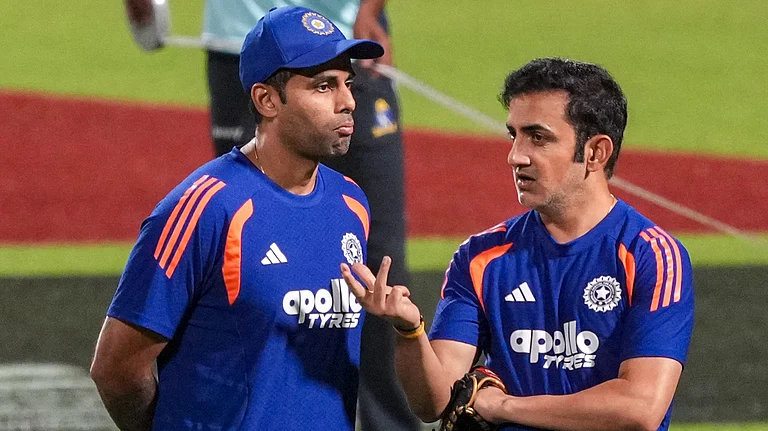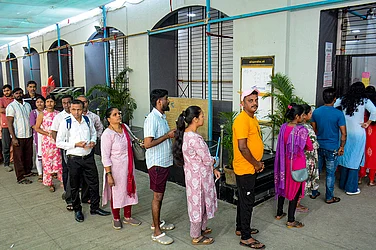The National Medical Commission(NMC) has barred doctors from meets sponsored by pharma companies.
NMC has said doctors should attend events or seminars or meets "which involves direct or indirect sponsorships from pharmaceutical companies or the allied health sector".
It has said the maximum punishment for violation of these regulations is suspension of licence for three months, reported TOI.
The report mentioned Section 35 of the new professional conduct regulations also bars doctors and their families from taking consultancy fee or honorariums from pharmaceutical companies or representatives.
As per the law, NMC has also barred doctors from taking consultancy fee or honorariums from "commercial healthcare establishments, medical device companies, or corporate hospitals under any pretext".
After a provision in the regulations from the time of the erstwhile Medical Council of India (MCI) banned doctors and their families from taking gifts, travel facilities or hospitality, many companies had drawn up contracts with doctors to pay them for giving lectures and taking workshops and for being on their board, the report mentioned.
Several corporate hospitals too drew up contracts with doctors to send them patients and paid them for it by calling it 'facilitation fees'. Many doctors made more than their salaries through these 'consultancies' with pharma and medical device companies and through such 'facilitation' fees. The new regulation appears to have closed this loophole. Doctors can now receive money from these commercial entities only as salaries and benefits as employees of these organisations.
The MCI had similarly banned all gifts to doctors by pharma companies in January 2010. However, after vehement protests by doctors, on the pretext of quantifying punishments, the regulation was later diluted to allow gifts up to Rs 1,000 and the restriction on travel was diluted by stating that a doctor could not accept travel facility to conferences, seminars, workshops "as a delegate".
The new regulations state that doctors should be aware of conflict-of-interest situations that may arise and that "the nature of these relationships should be in the public domain such as clinical drug trials and should not be in contravention of any law, rule, or regulation in force", mentioned the report.
"These regulations are definitely an improvement over the MCI regulations in preventing doctors from taking bribes/inducements from pharma or medical device companies and other commercial entities. For example, the regulations aim to close a loophole which was widely being used under the MCI code whereby doctors could receive illegitimate payments from pharma companies when routed via a consultancy or honorarium. However, everything is condensed into one paragraph, leaving many things vague,” it said.


























